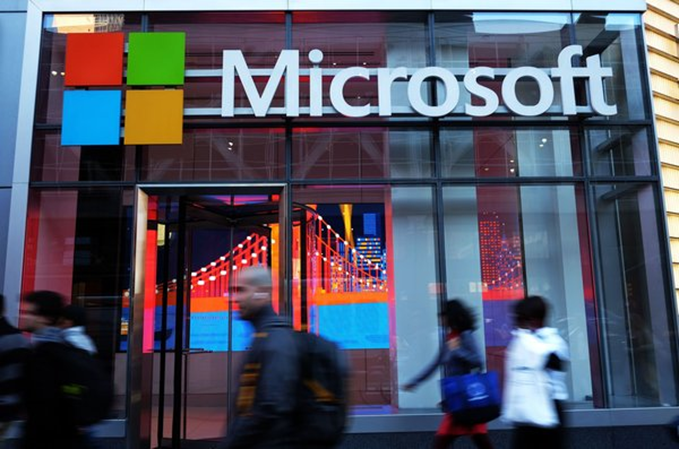
Microsoft reveals research around online behaviour on Safer Internet Day
Microsoft today released its 2019 Digital Civility Index, an annual study that examines the online behaviour of internet users globally. The study’s release coincides with international Safer Internet Day, a call to action for all stakeholders to join together in creating a better internet for everyone – especially younger users.
The study, which was conducted in 22 countries, gauges the attitudes and perceptions of teens and adults about the state of digital civility today. It also measures people’s safety online and exposure to risks such as cyberbullying, unwanted contact and harassment as well as exposure to hoaxes and scams, to name a few. In total, the study examines teens’ and adults’ exposure to 21 different online risks.
Millennials experienced the most risks
According to the study, 73 percent of millennials globally reported having been exposed to online risk. They also reported the highest levels of stress, pain, loss of online trust, sleep deprivation and depression as a result of online risk exposure compared to other age groups.
In contrast, millennials self-identified as the most confident of all age groups in their ability to handle risks, and they were the most worried that a risk would reoccur. Sixty percent of millennials admitted they were unsure where to find help should they be exposed to online risk.
Risks were harder on girls than boys
The level of risk exposure and their follow-on consequences was higher for girls than boys, the study found. Pain from risks was also stronger and sustained longer for girls, and incidents were more emotionally burdensome when compared to boys.
Though girls reported less confidence in dealing with risks, they took more mitigating actions following them, including blocking or unfriending the perpetrator, reducing their amount of information shared online, and using tighter privacy settings on social media.
Furthermore, risks were more likely gender-based for girls, with 62 percent reporting that gender was the reason they were targeted, compared to 39 percent for boys. The gap was highest for sexual and personal/intrusive risks.
Introducing the Council for Digital Good
To learn more about what young people are doing online, solicit their views about making online interactions safer and healthier and to encourage digital civility, Microsoft launched its inaugural Council for Digital Good in January 2017, a pilot programme where young people and their parents can engage in fruitful discussions with Microsoft and other industry experts, nongovernmental organisations and policymakers.
The longer-term vision was to assemble young people from various regions to create local and regional councils of Digital Civility Ambassadors to help raise awareness of digital safety and to offer insights to stakeholders from young people in each region. The inaugural Council pilot programme concluded in July 2018, after 18 months of engagement and activities, and a “sister” Council led by a regional NGO created the European Council for Digital Good.
Today, Microsoft is announcing the launch of its own African Council for Digital Good, as well as an Arab Council for Digital Good. After receiving more than 750 applications from across the Middle East and Africa, 23 candidates were chosen to become ambassadors of digital civility for their region.
The members of each council – along with their parents – will come together for the first time at the African Council Summit on 23 and 24 February in Johannesburg, and at the Arab Council Summit on 2 and 3 March in Cairo. Here, Microsoft will look to build their capacity and raise their awareness around topics relating to digital civility and internet safety, to better equip them to be ambassadors themselves.
Following the event, monthly virtual calls and webinars will be scheduled to provide council members with further knowledge on the topic, as well as suggest activities and events that they can run in their schools and communities.


























